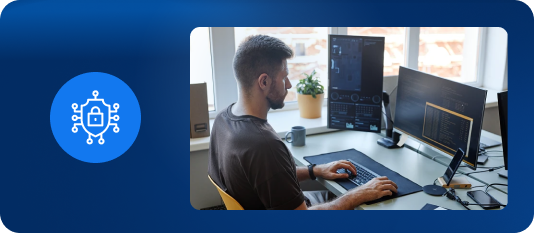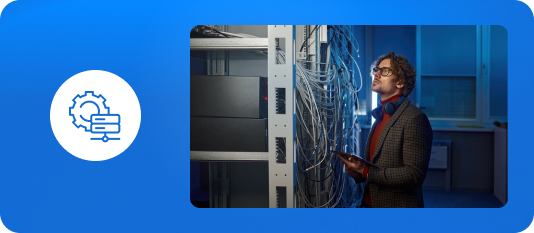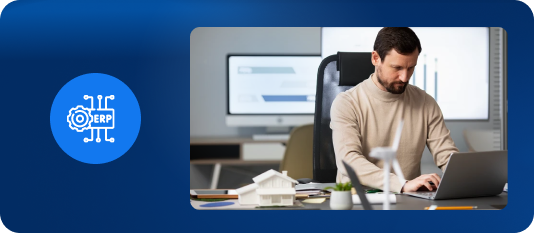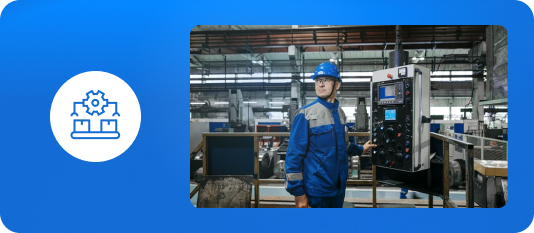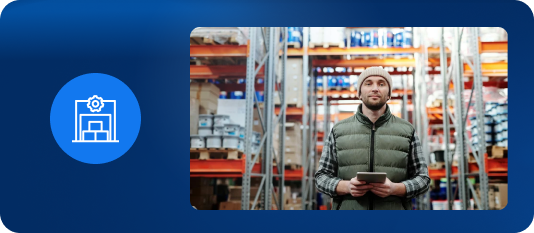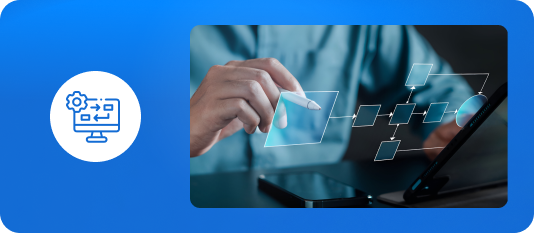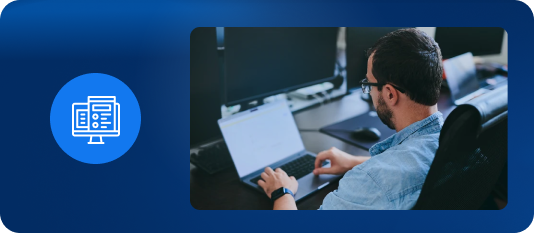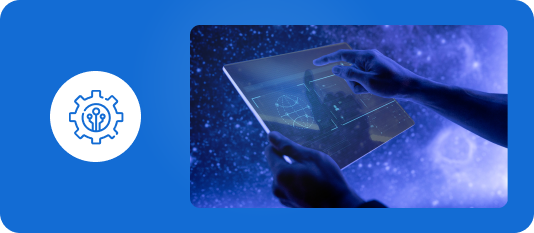How to Choose a CMS? Key Features of Website Development Software
A properly selected CMS system guarantees a well-functioning and secure website. However, choosing the right software can seem relatively difficult, as there are so many content management systems available on the market. So, what's worth knowing about website creation tools? What should you consider when choosing a solution?
The internet is a crucial platform for promotion, communication, and collaboration between every organization and its social environment. Therefore, it's difficult to find a company, institution, or university without an official website. Unfortunately, it sometimes happens that a website doesn't meet an organization's needs due to an incorrectly selected CMS. In such a situation, it becomes impossible to effectively achieve business or institutional goals in today's crucial virtual space.
Why is a CMS necessary?
By definition, a CMS is a tool for creating websites and managing their content without the need for programming. It facilitates the creation of a website with a functional scope tailored to your needs without coding and allows you to manage its structure from an intuitive administration panel. Therefore, you can independently change the hierarchy of subpages, add new or delete existing ones, and update their content. If necessary, you can do much more, provided, of course, that the CMS system on which the website is built allows it.
It's important to remember that CMS systems are categorized based on their intended use. Some platforms are designed for building simple websites, others for more advanced services. Therefore, we encounter solutions with functionalities tailored to the needs of news sites or blogs, but also more advanced tools designed to enable a wide range of interactions with the environment, provide electronic services, or lead to the acquisition and processing of large amounts of data.
What selection criteria should you adopt?
The most important criteria for choosing a CMS include ease of use, flexibility for customization, scalability to meet the organization's needs, performance to support complex websites, security mechanisms to prevent unauthorized access, and integrity to enable integration with other systems.
1. Ease of use.
A CMS is typically used by several people with different skills. These include developers responsible for maintaining the website and content marketers who maintain its content. Therefore, it's crucial that the software has an intuitive interface and a WYSIWYG editor for creating complete page designs. This makes it easier for technical staff to implement custom solutions and for editors to create and edit content. The WYSIWYG editor reflects the final design, allowing you to achieve the desired layout of the homepage, subpages, and content layout without the need for coding. The WYSIWYG editor shortens the time it takes to build or redesign a website, and even someone without knowledge of HTML or other programming languages can perform the work.
2. Customization flexibility.
The flexibility of a CMS system means its ability to adapt to the individual requirements of your business. It's important to be able to do as much as possible from the admin panel, without requiring the support of a team of developers. Therefore, it's worth checking what functionalities and customization options are built into the panel, how many additional extensions are available, and whether updates are released regularly. The software should allow for quick and easy website customization (e.g., page templates), support for all types of content, and collect data through appropriate forms of online interaction with users.
3. Scalability and performance.
A CMS should grow with the organization's needs. If a website's functionality needs to be expanded, the content management system should provide this capability through the use of available modules. Furthermore, a good CMS must be able to handle a large and usually steadily growing amount of published content.
4. Security mechanisms.
When choosing a CMS, pay special attention to its security mechanisms against cyberattacks. This is important due to the growing number of such threats, which can disrupt the proper functioning of a website and consequently lead to content or user data breaches. To prevent similar incidents, it's worth checking the security protocols of the content management system. Regular software updates by the manufacturer to detect potential threats are an additional guarantee of website protection.
5. Integration with systems.
A website is a channel for communication and collaboration between a brand and its external environment. It serves as a vehicle for achieving a company's business goals and institutional mandates. Therefore, a CMS should offer integration with existing software, such as a customer relationship management system, a dean's office system, or an ERP system. This integration option facilitates the efficient implementation of operational strategies and eliminates the need for additional applications, which incur additional costs.
What else should you consider?
Besides the aforementioned CMS features, most users value an intuitive interface that makes it easy to use, both when expanding website functionality and creating and editing content. Another important consideration is the ease of managing access and permissions. A good CMS should allow you to create accounts with varying levels of access – from full administrative access to full editorial access or access to a designated area. In terms of assigned roles, the CMS should also allow you to define the decision-making chain – adding, approving, and publishing components – to streamline the workflow of website management.
Summary
A well-chosen content management system is essential for a website that aligns with its visual identity, is functional, and performs efficiently. It's important to remember that not every CMS will meet the needs of businesses or institutions that pursue a range of goals related to broad communication, providing e-services, or processing large amounts of data. Typically, a comprehensive solution with numerous available components and equipped with website security mechanisms is required. Therefore, a CMS designed for blogs or news sites won't meet the needs of a corporate, institutional, or university website. Official websites require a professional platform, continually developed and systematically updated to address legal regulations and emerging cyber threats.

